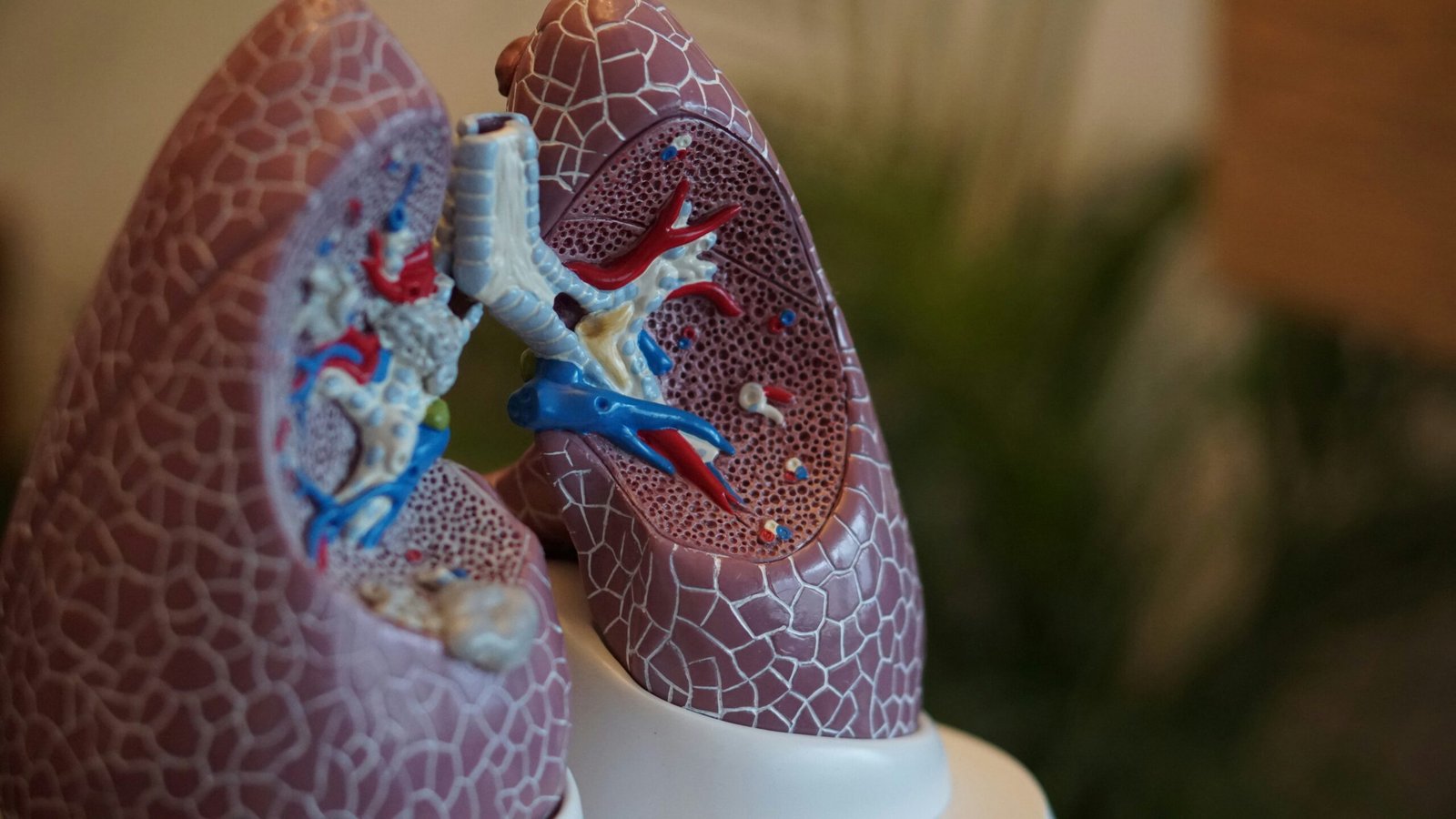Nourishing Your Lungs: A Guide to Healthy Lung Foods
Our lungs are incredible organs that play a vital role in our overall health and well-being. They are responsible for supplying oxygen to our bodies and removing carbon dioxide, making them essential for our survival. Just like any other part of our body, our lungs can benefit from proper nutrition. In this blog, we will explore some of the best foods for promoting lung health and maintaining optimal respiratory function.
Leafy Greens
Leafy greens such as spinach, kale, and Swiss chard are rich in antioxidants, vitamins, and minerals that support lung health. They are high in vitamin C, which is known for its anti-inflammatory properties and its ability to boost the immune system. Additionally, leafy greens contain vitamin K, which helps regulate calcium levels in the body, preventing the buildup of calcium deposits in the lungs.
Berries
Berries like blueberries, strawberries, and raspberries are packed with antioxidants, particularly flavonoids, which have been shown to have anti-inflammatory and anti-cancer effects. These antioxidants can help protect lung tissue from oxidative stress and damage caused by free radicals. Including a variety of berries in your diet can contribute to overall lung health.
Fatty Fish
Fatty fish such as salmon, mackerel, and trout are excellent sources of omega-3 fatty acids. Omega-3s have anti-inflammatory properties and have been linked to a reduced risk of lung diseases such as asthma and chronic obstructive pulmonary disease (COPD). Incorporating fatty fish into your diet at least twice a week can help support lung function and reduce inflammation.
Nuts and Seeds
Nuts and seeds like almonds, walnuts, and flaxseeds are rich in nutrients such as vitamin E, magnesium, and selenium, all of which are beneficial for lung health. Vitamin E is a powerful antioxidant that helps protect lung cells from damage, while magnesium helps relax the muscles surrounding the airways, making breathing easier. Selenium is also important for immune function and may help protect against lung infections.
Cruciferous Vegetables
Cruciferous vegetables such as broccoli, cauliflower, and Brussels sprouts contain compounds called glucosinolates, which have been shown to have anti-cancer properties. These vegetables also provide vitamins A, C, and K, as well as folate, which are essential for overall lung health and function. Including cruciferous vegetables in your diet can help reduce the risk of lung cancer and other respiratory diseases.
Whole Grains
Whole grains like brown rice, quinoa, and whole wheat are rich in fiber, vitamins, and minerals that support lung health. They also have a lower glycemic index compared to refined grains, which can help maintain stable blood sugar levels and reduce inflammation in the body. Incorporating whole grains into your meals can contribute to better respiratory function and overall well-being.
Herbs and Spices
Certain herbs and spices have been used for centuries for their medicinal properties and benefits for lung health. Garlic, for example, has antimicrobial properties and may help prevent respiratory infections. Turmeric contains curcumin, a compound with anti-inflammatory and antioxidant properties that can support lung function. Ginger is another spice that has been shown to have anti-inflammatory effects and may help improve respiratory symptoms.
In conclusion, incorporating a variety of nutrient-rich foods into your diet can significantly benefit your lung health. From leafy greens and berries to fatty fish and whole grains, these foods provide essential nutrients and antioxidants that support respiratory function, reduce inflammation, and protect against respiratory diseases. By making healthy food choices, you can nourish your lungs and promote overall well-being. Remember to consult with a healthcare professional or nutritionist for personalized dietary advice and recommendations based on your individual health needs. Here’s to healthy lungs and a healthier you!












